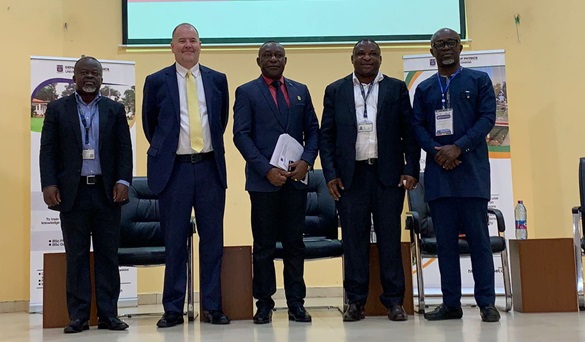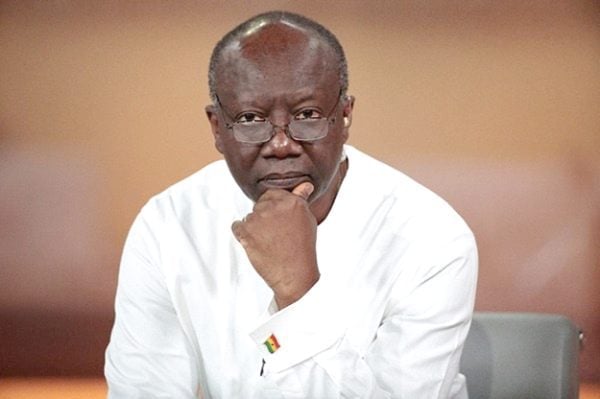
A renowned economist at the University of Ghana, Patrick Asuming, has stated that the country’s economic challenges require more than just election promises.
He noted that while both major political parties acknowledge the importance of job creation, their proposed solutions often fail to connect with the realities of the economy.
Asuming stressed that while there is significant focus on training the youth to enter the workforce, this overlooks a critical issue: “the economy itself is not generating enough jobs to accommodate the growing number of skilled workers.”
Speaking to Berla Mundi on Ghana Decides on TV3, Asuming pointed out that the manifestos are primarily designed to win votes, rather than address the long-term issues facing the economy.
He drew attention to a disconnect between the macroeconomic data, which may show positive growth, and the daily experiences of ordinary Ghanaians.
“When you speak to Ghanaians, you see that there’s a disconnect between what the growth numbers are telling us and what people are feeling,” Asuming explained on December 6.
This disconnect is partly due to the fact that growth is being driven by sectors like mining and quarrying, which are dominated by foreign companies, limiting the participation of Ghanaian workers.
Asuming also highlighted the struggles of Ghana’s informal sector, particularly small and medium enterprises (SMEs), which face numerous challenges, including currency instability and rising costs.
“This sector has really suffered from some of the policies that we’ve implemented to stabilize the economy,” he noted.
Despite the political focus on youth unemployment, Asuming expressed concern that the manifestos do not adequately address the underlying issues that prevent the youth from benefiting from economic growth.
Touching on the NDC’s 24-hour economy policy, he acknowledged that while the policy could provide an attractive environment for businesses, its full impact remains unclear.
“My understanding of the 24-hour economy is that it’s about creating an enabling environment for businesses to operate around the clock. This could involve providing security for businesses or offering financial support and tax holidays to encourage growth,” he explained.
While Asuming expressed cautious optimism about the policy’s potential, he emphasized the importance of a stable macroeconomic environment to ensure its success.
He also raised concerns about the nature of the incentives being proposed, questioning their cost and the long-term benefit for ordinary Ghanaians.
“We need to ensure that any incentive offered to businesses will benefit the average Ghanaian, and we must carefully consider the cost to the taxpayer,” Asuming added.
Asuming acknowledged that more details about the 24-hour economy policy will be required over time.
He believes that “while the policy could offer a potential boost to economic activity, its full implementation and impact will depend on addressing the underlying economic challenges and providing clear, actionable details in the future.
As Ghana looks to recover from economic instability, the real question remains whether these promises will translate into tangible change for the nation’s youth and broader economic landscape.
Read also:
Promises of employment by politicians are just for winning elections – Political scientist
The post Economist queries focus on training programmes for youth in party manifestos first appeared on 3News.
Read Full Story






















Facebook
Twitter
Pinterest
Instagram
Google+
YouTube
LinkedIn
RSS